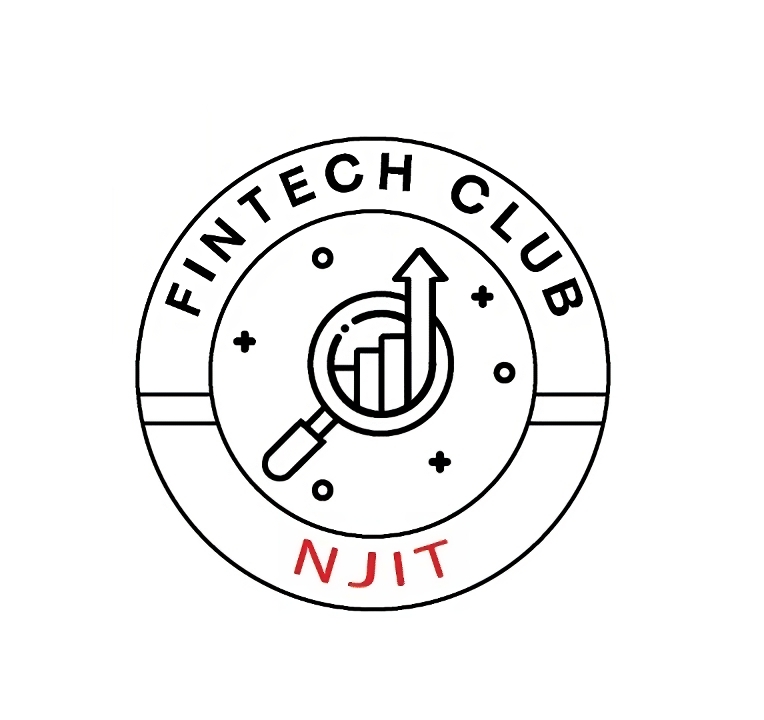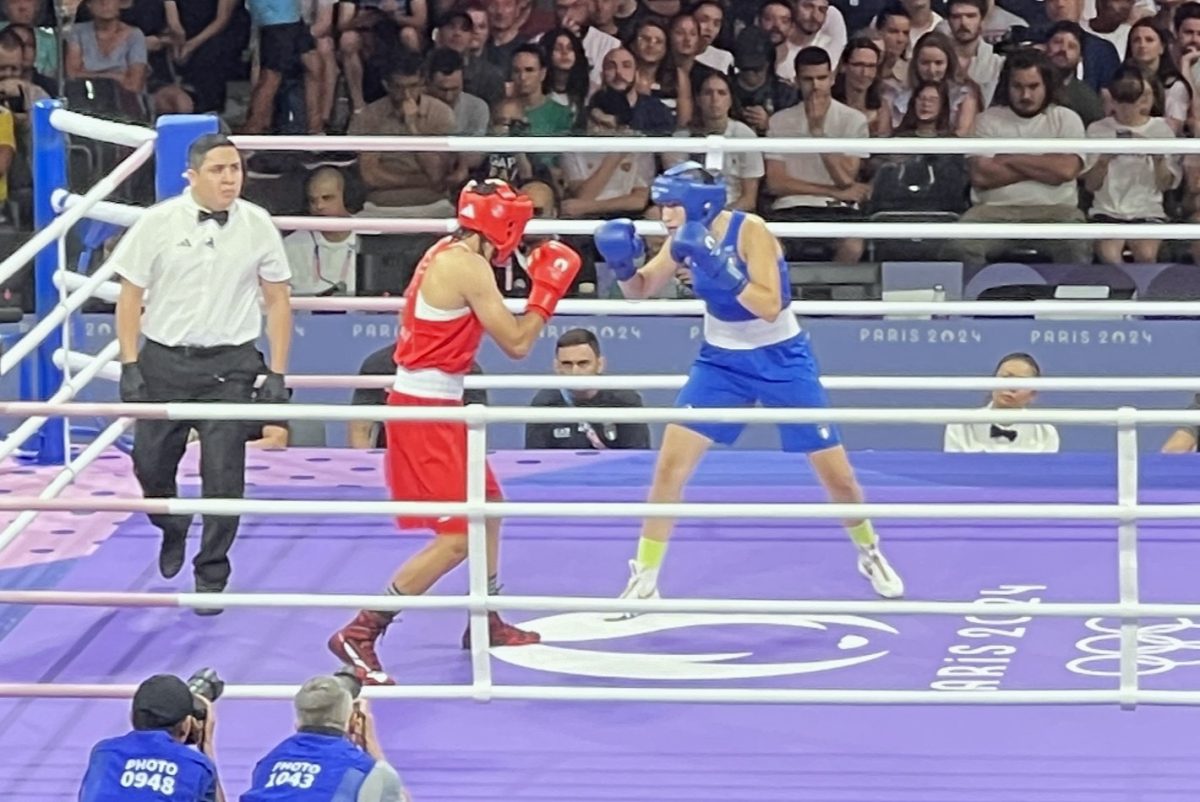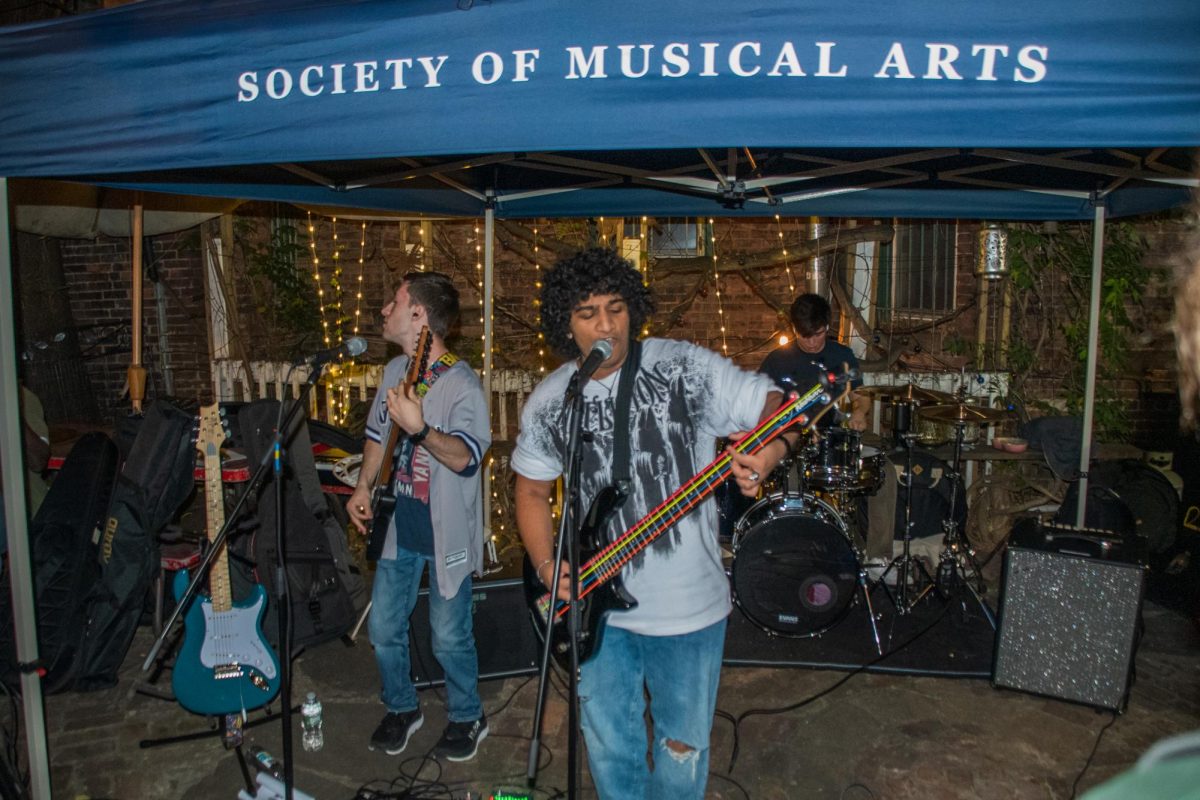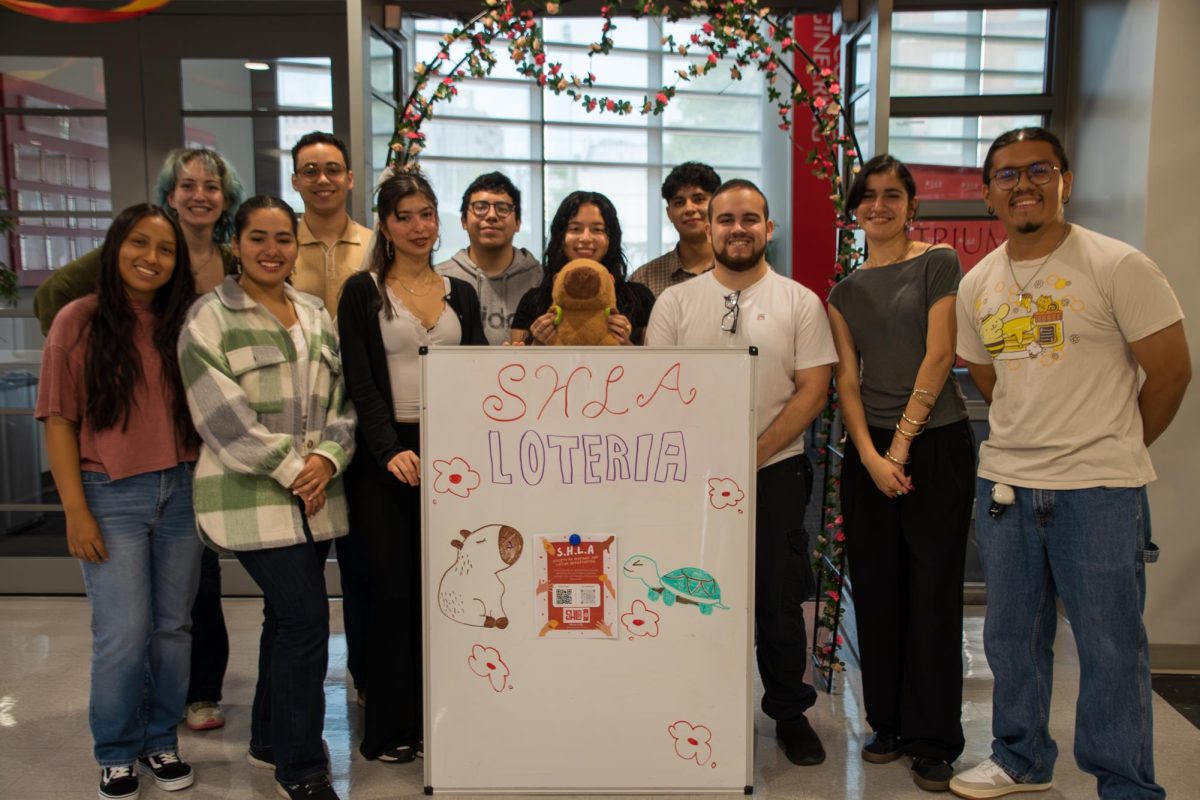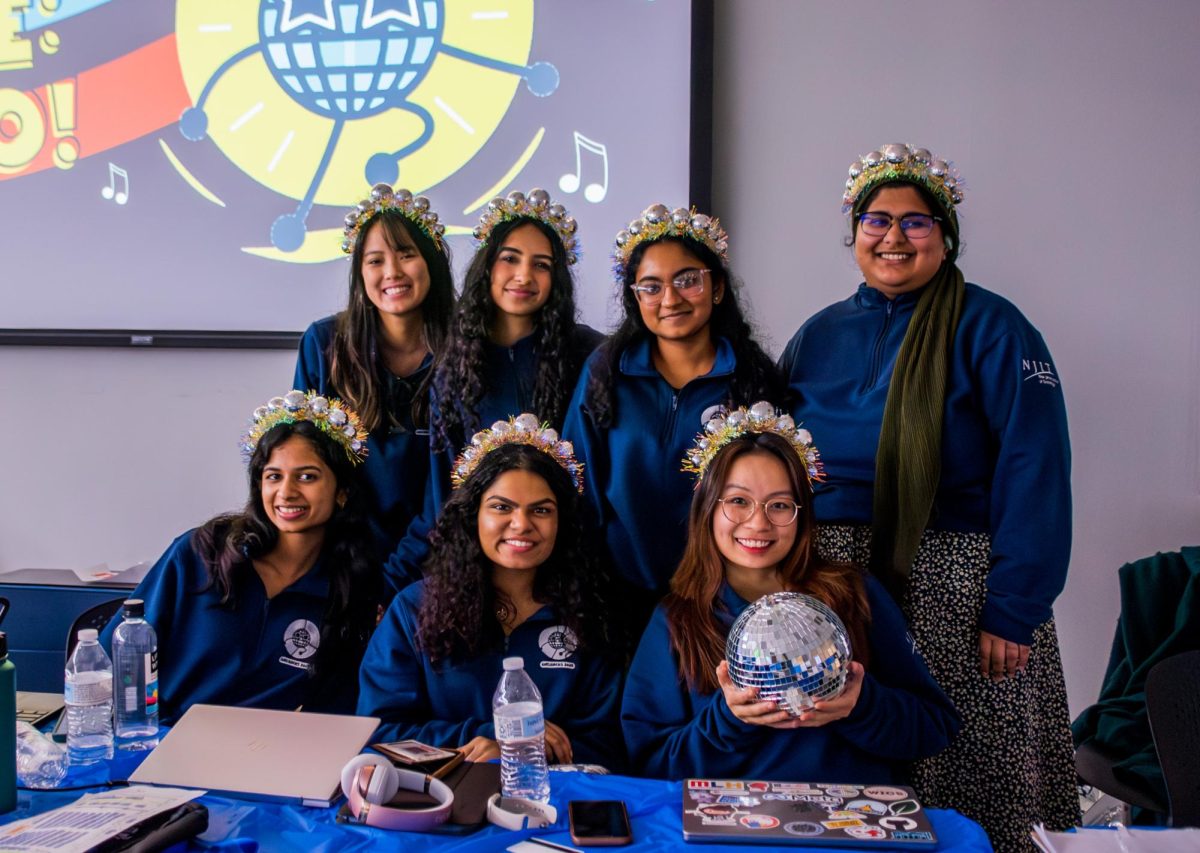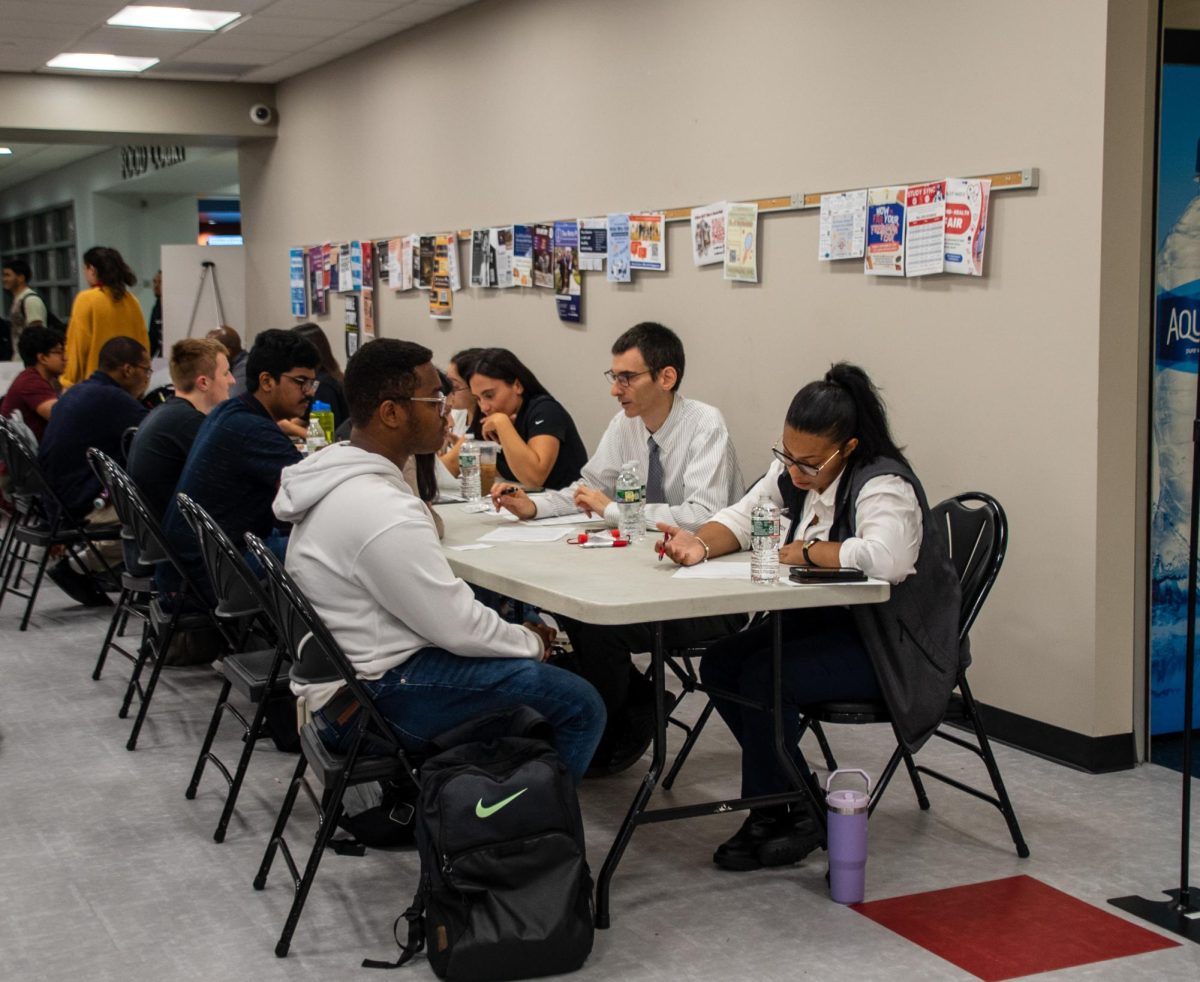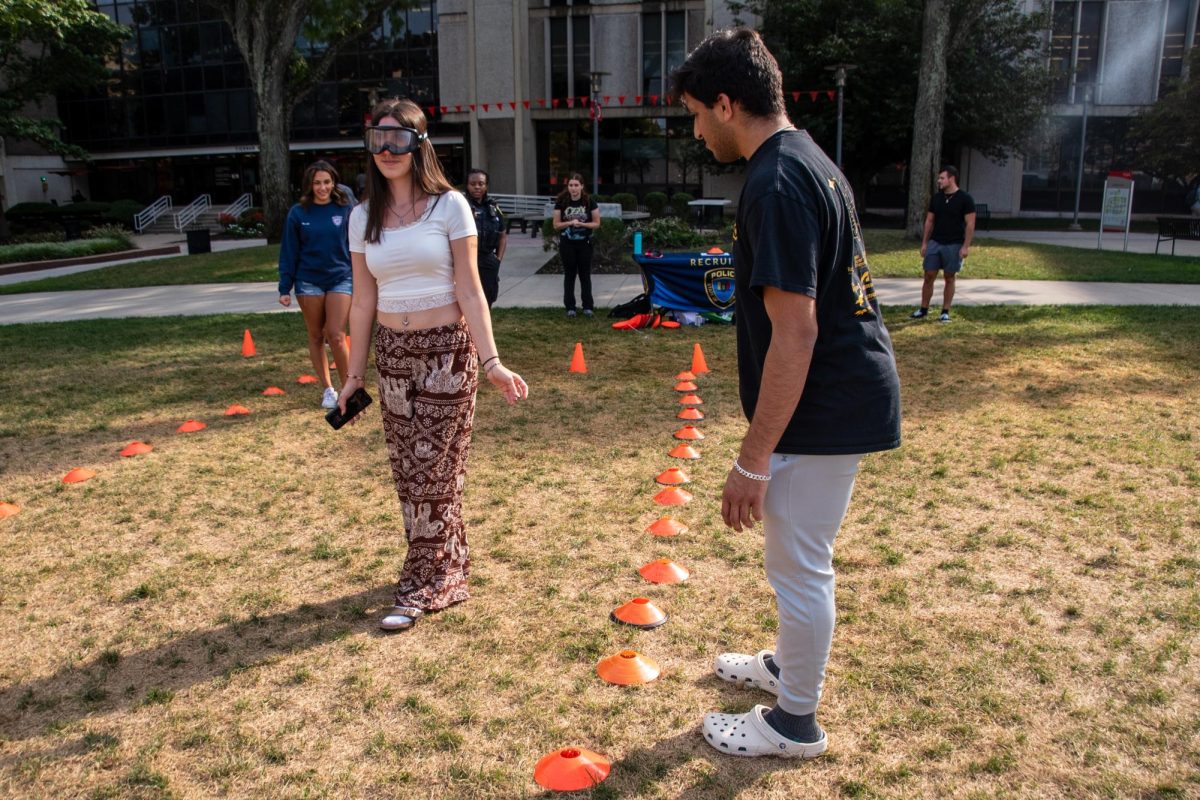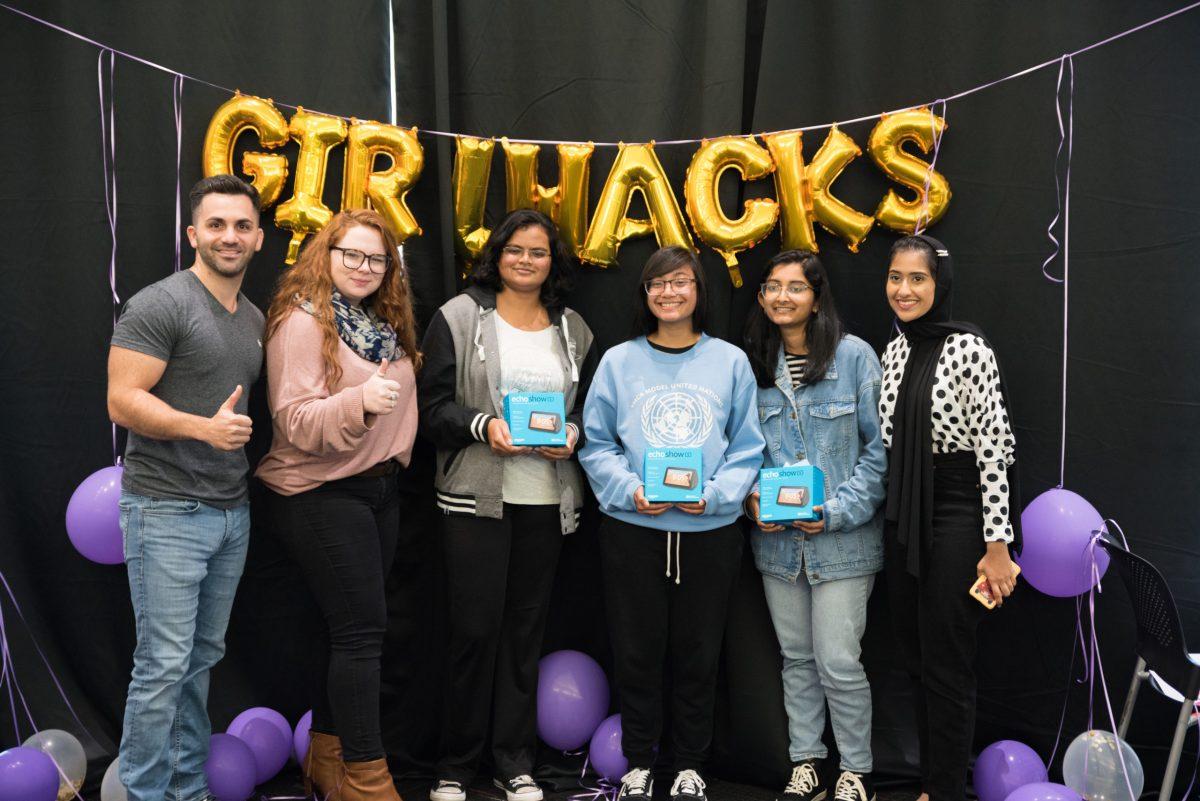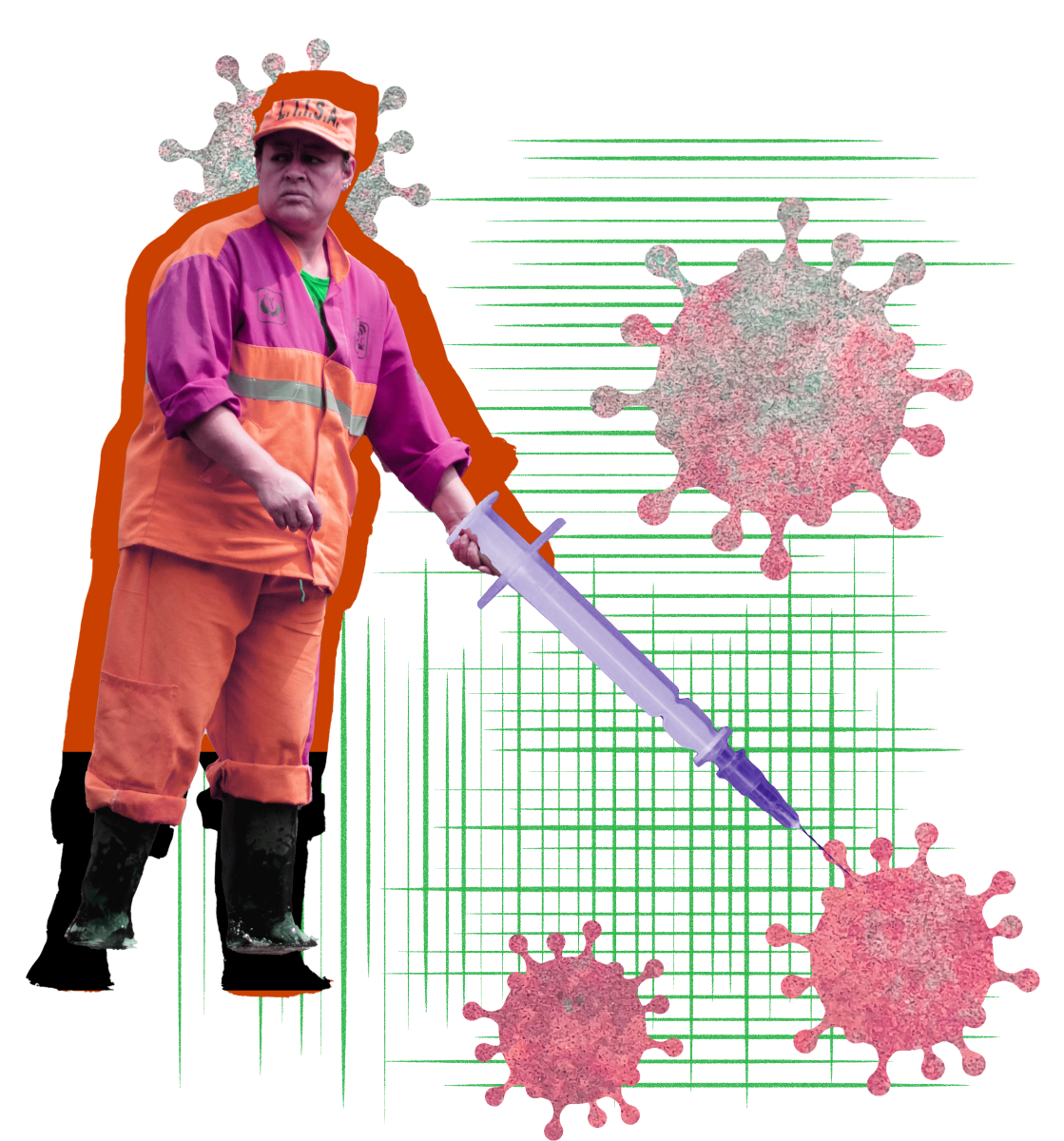This past weekend, a group of college students at NJIT were even more sleep-deprived than usual. Starting on Saturday, Sept. 28 at 9 am, 260 attendees gave up sleep to participate in GirlHacks, NJIT’s first female-run hackathon. GirlHacks was organized by Women in Computing Sciences (WiCS), an undergraduate club that promotes and supports NJIT’s growing community of women studying in the fields of computing and technology.
“I [organized hackathons] in high school for three years, and then I came [to college] and went to HackNJIT,” said Yashwee Kothari, a sophomore studying Computer Science who is also the WiCS Event Planning Chair and the GirlHacks Sponsor Coordinator & MLH Liaison. “It was cool, but there was nothing for women promoting STEM at NJIT. I saw that there were a lot of other hackathons out there for women, like Rutgers’ HackHERS and The University of North Carolina’s Pearl Hacks, and I just felt like if we’re in a school where the [gender] gap is like three to ten, we should have something like that to promote women.”
According to NJIT’s institutional profile data , undergraduate enrollment was 78.7% male and 21.3% female in 2016. WiCS members discussed how this gender gap can be intimidating for women in male-dominated fields, and how that was part of their motivation for organizing this hackathon.
WiCS Vice President Kavya Seelam, a senior studying Computer Science, said, “A lot of people said that GirlHacks is their first hackathon because usually they might not feel comfortable going in where there’s a lot of males, and they know that this hackathon will have a supportive and inclusive environment.”
A number of attendees mentioned that GirlHacks was their first hackathon. Sneha Kafie, a freshman studying Computer Science who has never attended a hackathon before, said, “I learned a lot. I came in thinking that I was going to leave early, because a lot of my friends opted out, but I ended up staying and working on this project.”
Kafie worked with senior Orquidia del Rosario and junior Ashley Macote to make an automated help desk project, which ended up winning the “Best Automation Hack with UiPath” prize. Each winning team member received a drone and UiPath/MLH Branded Backpack. The girls noted that attending the automation workshop was helpful.
Besides working on their projects, attendees could attend workshops hosted at the hackathon, such as “Python for Machine Learning” and “Intro to Data Science”, in addition to fun events like karaoke and a midnight snack. The workshops were conducted by graduate students, an NJIT adjunct professor and the GirlHacks diamond sponsor, Automatic Data Processing, Inc., commonly known as ADP.
A total of 19 projects were submitted for judging, which can be viewed on the GirlHacks page on Devpost—a website frequently used at hackathons for displaying and judging projects. The top three projects presented at the closing ceremony on Sunday morning were awarded prizes from the sponsors. Judging was conducted by NJIT alumni who were previously members of WiCS and software engineers from the sponsor companies, which included ADP, Barclays, Facebook and Prudential.
The first-place project, “Sign Language Alphabet Prediction,” was developed by NJIT graduate students Anupriya Gotkhindi, Aniruddha Kulkarni, Nitesh Mistry and Jalaj Sharma. The group was inspired by a classmate who used sign language and had difficulty understanding course material despite using a translator due to the translator’s lack of technical background in the course. The team developed a machine learning model that converts the visual hand signs into text. Eventually, their goal is to be able to “live stream videos of sign language gestures and convert to text or speech at the same time.” As the first-place winners, the four graduate students each won a drone and a day-visit at the ADP headquarters.
In second place came “LuvHacks,” developed by NJIT sophomores Anuja Badeti, Naitam Gandhi, Tejas Patel and Pranathi Pothukanuri. This project used a machine learning algorithm called agglomerative clustering to group individuals with other compatible individuals based on how they respond to a questionnaire. Despite the romantic name, the team also described how this project could be used to determine compatibility amongst friends, which could be useful for bridging the gaps between commuters, residents, freshmen and upperclassmen. The four sophomores each won a Fujifilm camera kit.
The third-place project, “NJIT Help Bot,” was developed by NJIT sophomore Zean Go and graduate student Mingming Zhang. This chatbot is an add-on to Slack, a team collaboration messaging app, that provides responses and useful links for NJIT students based on their commands. For example, entering the “events” command prompts the chatbot to list all upcoming events on campus within the next 36 hours. Zhang and Go each won a $50 Amazon gift card.
Students may have left with less sleep than usual, but students like Vanshika Shah think sacrificing their sleep was worth it.
“It’s nice to have that support system,” said Shah, a sophomore studying Computer Science who is a member of the GirlHacks Public Relations committee, stressing the importance of having inclusive, women-centric hackathons. “It’s nice to know that all these women are in the same place as you, so you really can connect to them.”
Note: The name Aniruddha Kalkarni was misspelled in the print edition.
Photos by Katherine Ji









